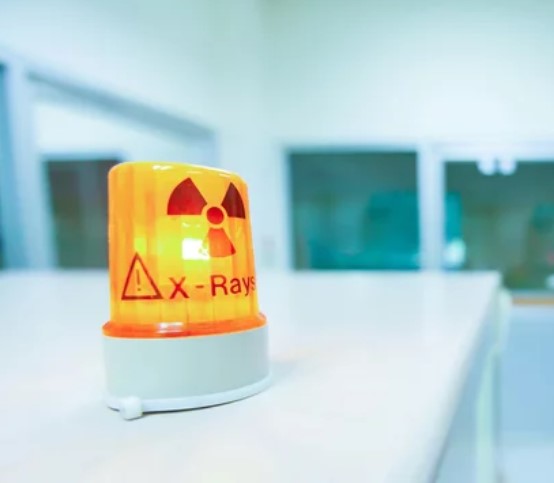Sea moss, also known as Irish moss, is a type of red algae that has gained popularity in recent years for its numerous health benefits. One of the lesser-known benefits of sea moss is its ability to reduce the effects of radiation.
Radiation exposure can occur from a variety of sources, including medical procedures, nuclear accidents, and even everyday exposure to natural radiation in the environment. Exposure to radiation can cause damage to cells, tissues, and organs, leading to a range of health problems such as cancer, genetic mutations, and radiation sickness.
Studies have shown that sea moss may help to reduce the effects of radiation exposure. Sea moss contains a polysaccharide called carrageenan, which has been shown to have radioprotective properties. Carrageenan can help to prevent damage to cells by neutralizing free radicals, which are produced by radiation exposure.
In addition to carrageenan, sea moss is also rich in antioxidants such as vitamins A and C, which can help to further protect cells from damage caused by radiation exposure. Sea moss is also a great source of iodine, which is important for thyroid function. The thyroid gland is particularly vulnerable to damage from radiation exposure, and iodine can help to protect the thyroid from the harmful effects of radiation.
Sea moss can be consumed in a variety of forms, in smoothies, or as a gel. It is important to note that while sea moss can help to reduce the effects of radiation, it should not be used as a replacement for medical treatment in cases of radiation sickness or exposure to high levels of radiation.
Sea moss is a powerful superfood with a range of health benefits, including its ability to reduce the effects of radiation exposure. By incorporating sea moss into your diet, you can help to protect your cells and organs from the harmful effects of radiation and promote overall health and wellness.

